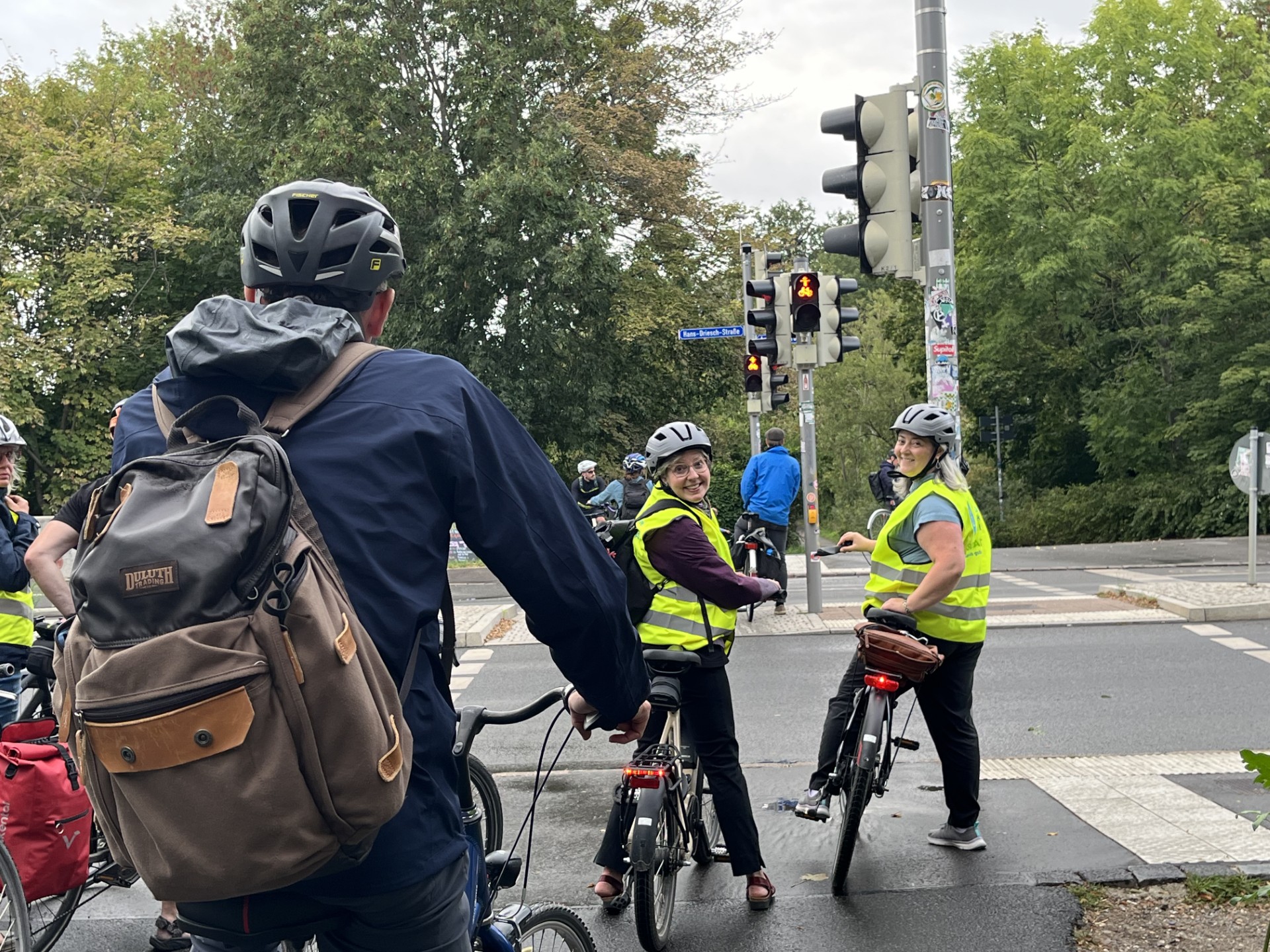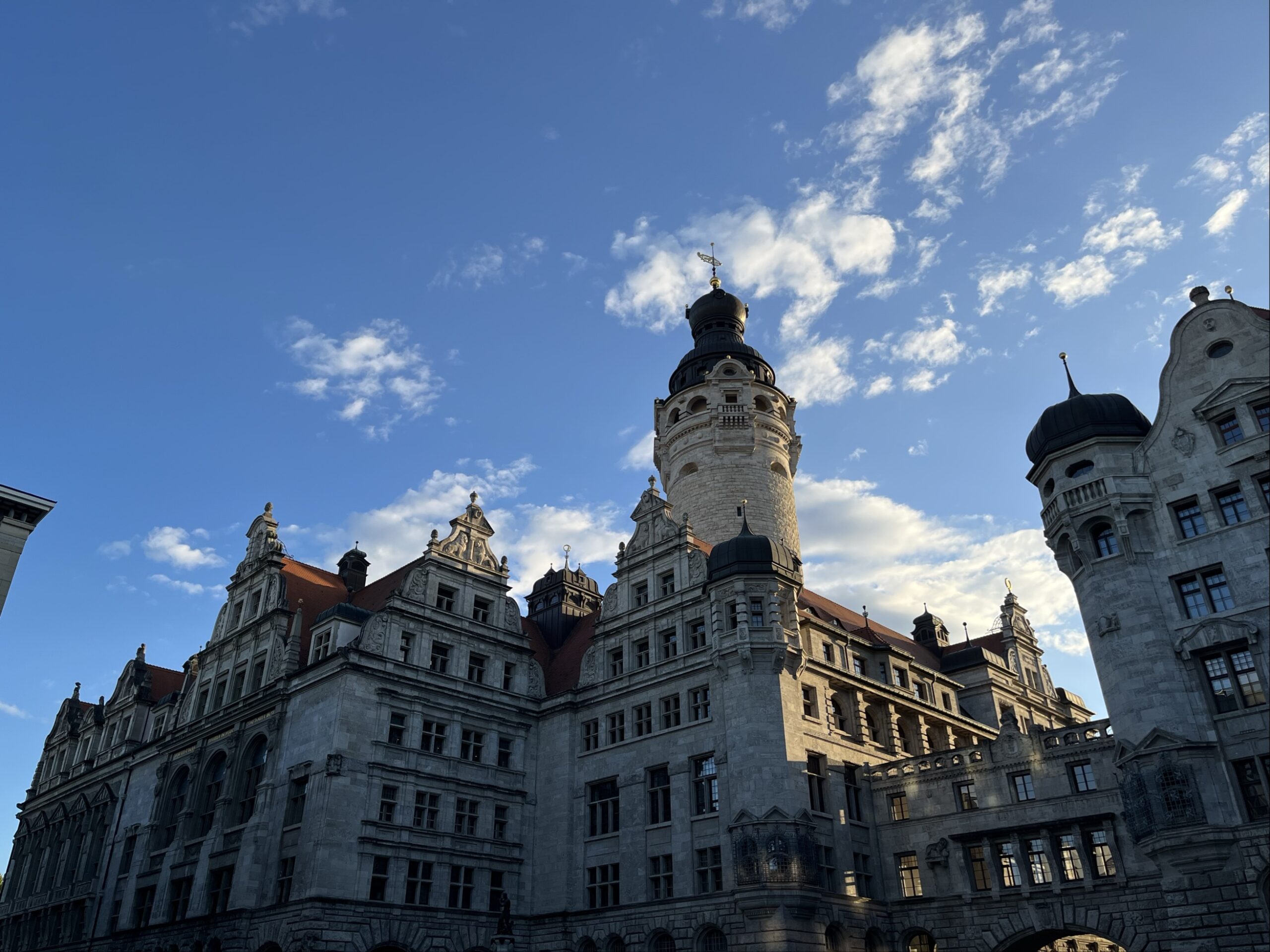God’s Work, Their Hands
February 3rd, 2026Back in September, worshipping communities all around the country loved their neighbors on the ELCA’s day of service, God’s Work, Our Hands.
We collected pictures and stories from some of those communities. Watch the video and read more below so you can get ideas for next year and dream about future partnerships!
East Union Lutheran, Carver
Who doesn’t love a parade?
Well, they certainly did in Carver, Minnesota on September 7, where the East Union Lutheran Church float (bedecked in flowers to remind the crowd of our famous spring plant sale) and its attendants greeted the crowd with a sampling of smiles, candy and the bundled seed packets that have become a tradition of East Union’s participation in the annual Steamboat Days parade.
What a perfect opportunity for evangelism in the local community for East Union Lutheran Church!
Christ Lutheran, Blaine
Christ Lutheran in Blaine partnered with many local organizations on God’s Work, Our Hands Sunday!
- Volunteers decorated bags to bring a little cheer to the meals delivered by Meal on Wheels
- Volunteers helped sort out pens and pencils into bunches to prepare for packing School kits. A total of 47 School Kits were packed and dropped off to Lutheran World Relief
- Fleece was cut and tied to make tie blankets for our baby bundle kits. Once the blanket is tied, baby items (bottles, pacifiers, toy, diapers, wipes, onesies, sleepers, bibs, and a receiving blanket) are placed on the blanket and made into a bundle by wrapping the blanket around the items and tying it with a ribbon. These bundles are then donated throughout the year to various places such as: Hope 4 Youth, Southern Anoka County Assistance (SACA), Spring Lake Park School District, and Anoka Hennepin School District
- Volunteers made laundry kits with 2 detergent pods and 2 dryer sheets in Ziploc bags to give to Hope 4 Youth
- CLC (Christ Lutheran Church) quilters prepared quilts for volunteers to tie together. These quilts will then be finished by the CLC Quilters and donated to local nursing homes in their area
Christ Church Lutheran, Minneapolis
Christ Church Lutheran put together laundry kits for Our Saviour’s Community Services.
Christ Memorial lived out their own description of themselves, “The Small Church with a Big Heart” with two different service projects. On September 7, they made 206 meat and cheese sandwiches for Our Saviour’s Shelter in Minneapolis (they said this is always a favorite project of the kids!). On September 25, they hosted a community dinner at the Element Apartments, is an affordable apartment community located one mile from their church in Plymouth.
Christ the River of Life also had two days of service. One where they partnered with Global Health Ministries to make newborn kits for moms that deliver babies overseas where newborn clothing, blankets and diapers are hard to come by. The weekend before, they partnered with other North Minneapolis churches and Lutheran Social Service of MN to create Welcome Bags.
Faith Lutheran sent two buses – about 80 people – to Every Meal’s warehouse in Roseville for a food packing service project. Faith partners with Every Meal year-round, providing monetary support, as well as volunteers each Friday during the school year to pack students’ backpacks with supplemental food for the weekend. They packed 3,822 bags of food, which will provide 14,650 meals.
Holy Cross Lutheran, Minneapolis
Holy Cross packed hygiene kits for Community Emergency Services, the food shelf closest to their church.
Oak Knoll Lutheran, Minnetonka
The Oak Knoll community was busy on God’s Work Our Hands Sunday. They assembled 34 birthday bags for ICA Food Shelf and 49 hygiene kits for LSS. They also wrote letters to our LPGM students in India, made sandwiches for their Sandwich Ministry, and made burritos for the Heavenly Burritos food truck.
Portico Benefit Services
Portico Benefit Services (the organization that provides health and dental insurance for ELCA rostered ministers and staffs) hosted a community service morning at Feed My Starving Children in Eagan, packing meals for Haiti and Liberia. The volunteers of the center packed 42 boxes that morning, which is 9,072 meals, enough to feed 25 children one meal a day for a year!
Shepherd of the Hills Lutheran, Edina
The Shepherd of the Hills community came together for meaningful projects — creating ICA Food Shelf birthday bags (274 lbs. of donations!), assembling hygiene kits for Lutheran Social Service, cleaning up Cottageville Park, and writing encouragement cards for Meals on Wheels.
St. James Lutheran, Crystal
The people of St. James participated in God’s Work Our Hands Sunday by assembling more than 200 snack packs for Agate Housing Services. From Agate says, “being able to offer ‘quick fuel’ in the form of a small resource like this creates a positive community atmosphere in our spaces while clients access needed services.” They were even able to cover the cost of supplies with a Thrivent grant!
St. Peder’s Lutheran, Minneapolis
The Saturday before, St. Peder’s hosted an outdoor community event with yard games, crafts, and conversations. Then they played an outdoor movie complete with popcorn and theater candy.
On Sunday, congregation members could choose from three activities: making homemade cards to share, tying No-Sew blankets to donate to a local veterans resource, and a “to go” challenge – pick up 5 pieces of litter after you leave church and before you enter your home.
Living Joy, Prior Lake
Living Joy partnered with Loaves and Fishes in Shakopee and served 280 meals to their community!
Diamond Lake, Minneapolis
The Diamond Lake team loved on their community in many different ways: Making sandwiches for the Sandwich Project, Quilt tying for a blanket to provide warmth for someone who needs it, Making snuffle mats for dogs in shelters, Building hygiene kits for LSS Refugee Service, and cleaning up Diamond Lake Trail.
Thank you to all those mentioned and not mentioned that show the love of Jesus by serving and loving your communities every day!

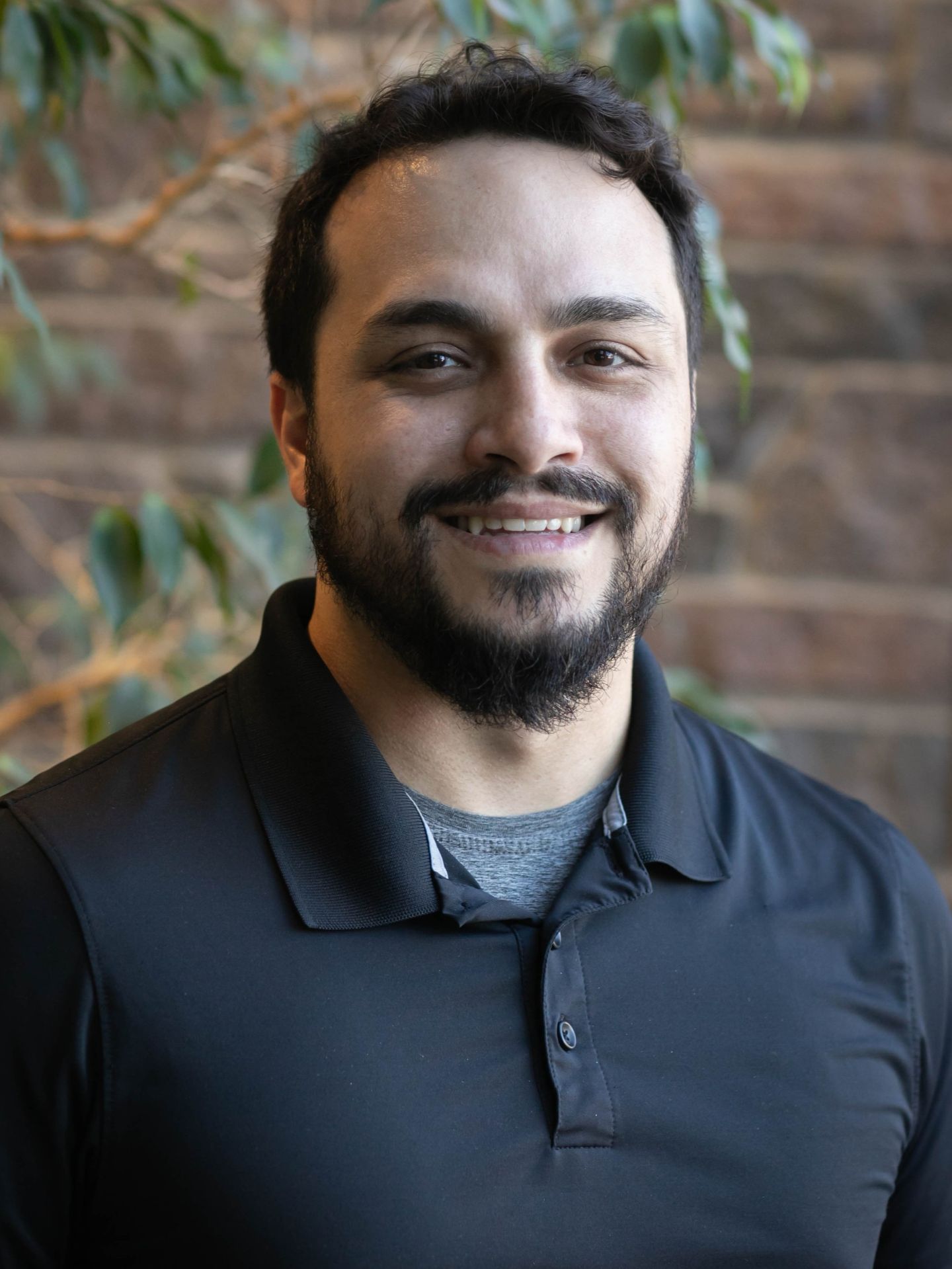 By Juan Gonzalez
By Juan Gonzalez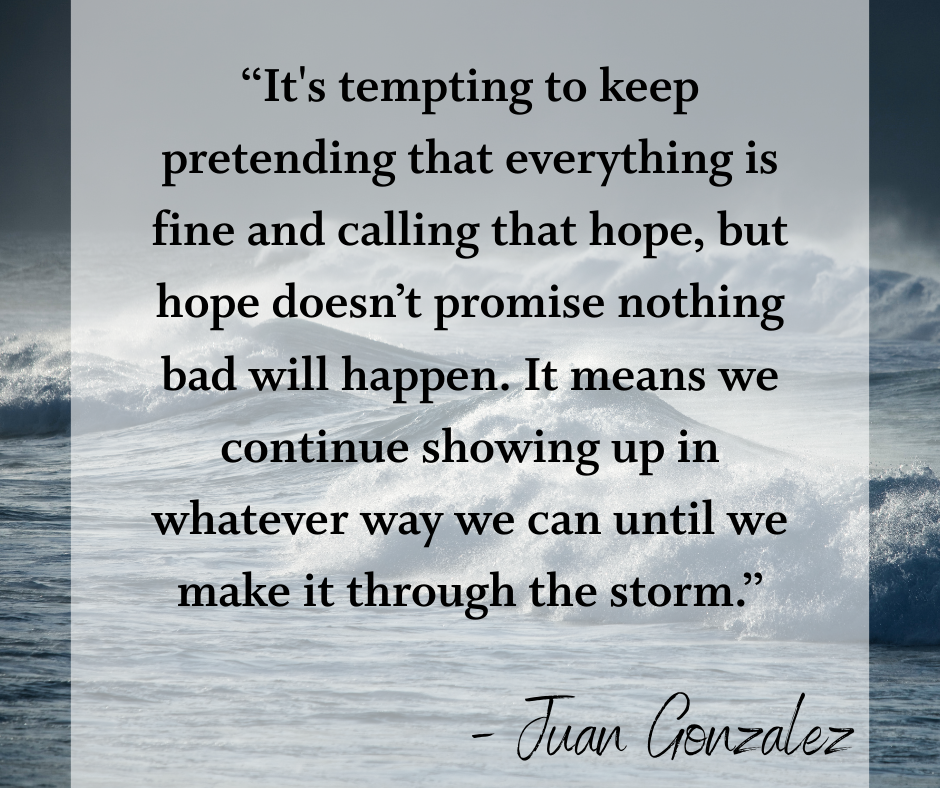
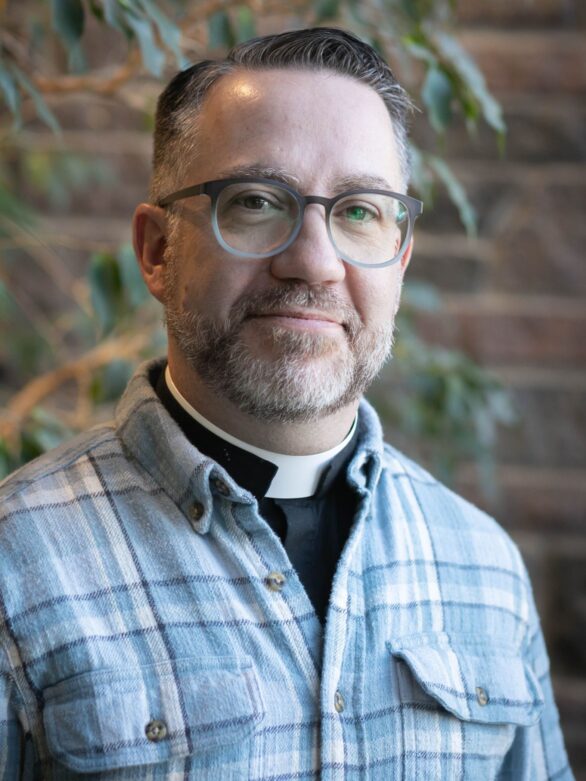 By Pastor Ryan Fletcher
By Pastor Ryan Fletcher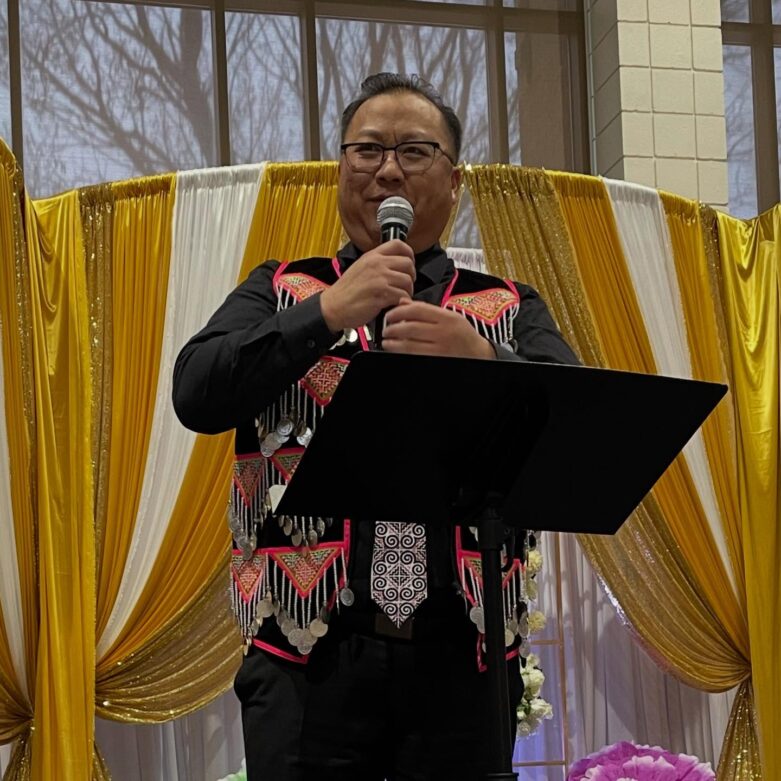
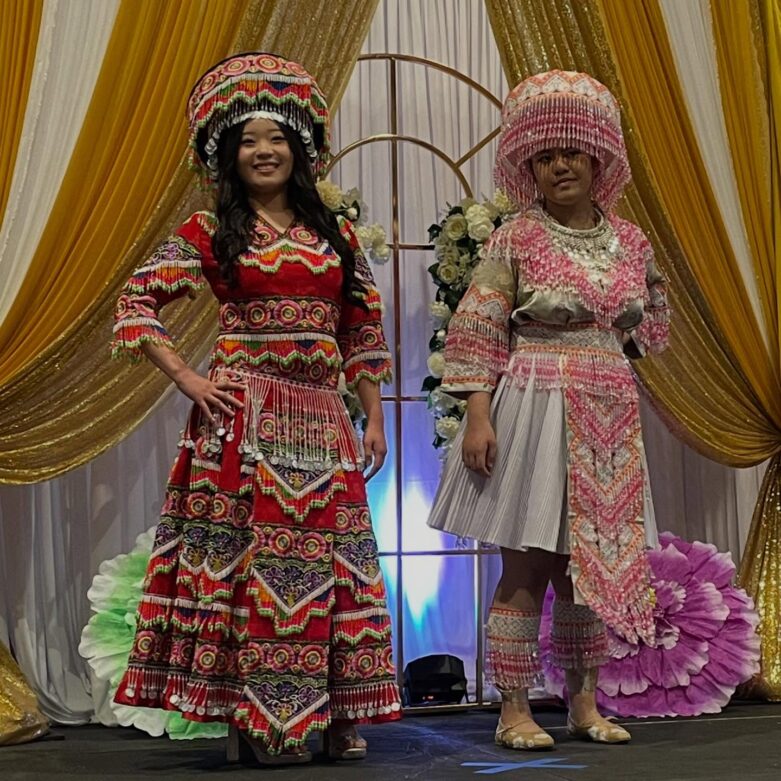 At Amazing Grace, Hmong New Year is an ingathering where weary souls find a home by the altars of the LORD. Members remain faithful to this homecoming despite the disruptions that have forced them to rebuild nearly eight thousand miles away from the place their ancestors called home. As Pastor Nhiabee proclaims, the golden harvest of New Year is abundant. In our connection to community, God provides all that we need for the year ahead.
At Amazing Grace, Hmong New Year is an ingathering where weary souls find a home by the altars of the LORD. Members remain faithful to this homecoming despite the disruptions that have forced them to rebuild nearly eight thousand miles away from the place their ancestors called home. As Pastor Nhiabee proclaims, the golden harvest of New Year is abundant. In our connection to community, God provides all that we need for the year ahead.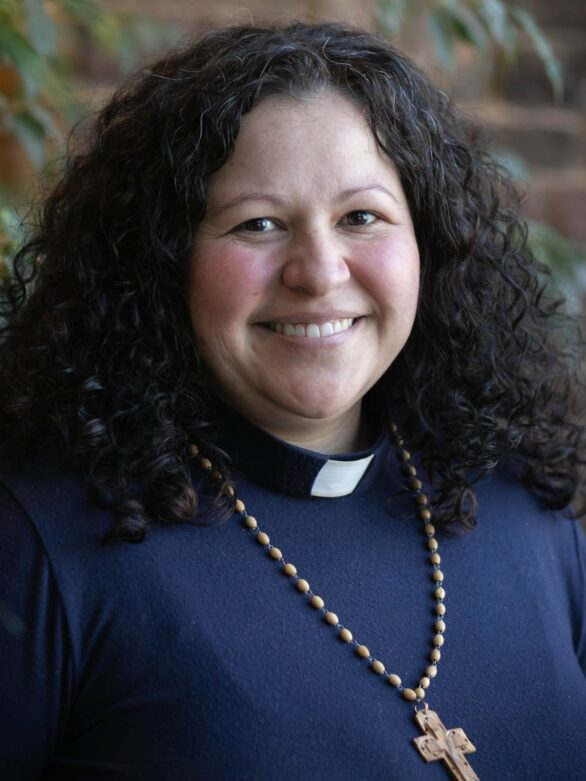 By Pastor Jen Collins
By Pastor Jen Collins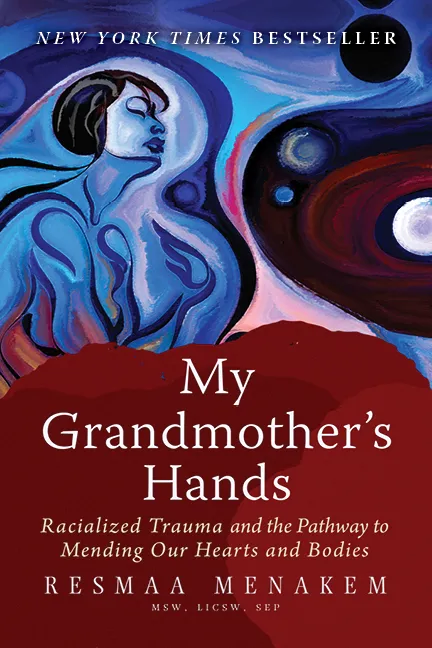 One technique that I learned from the book, “
One technique that I learned from the book, “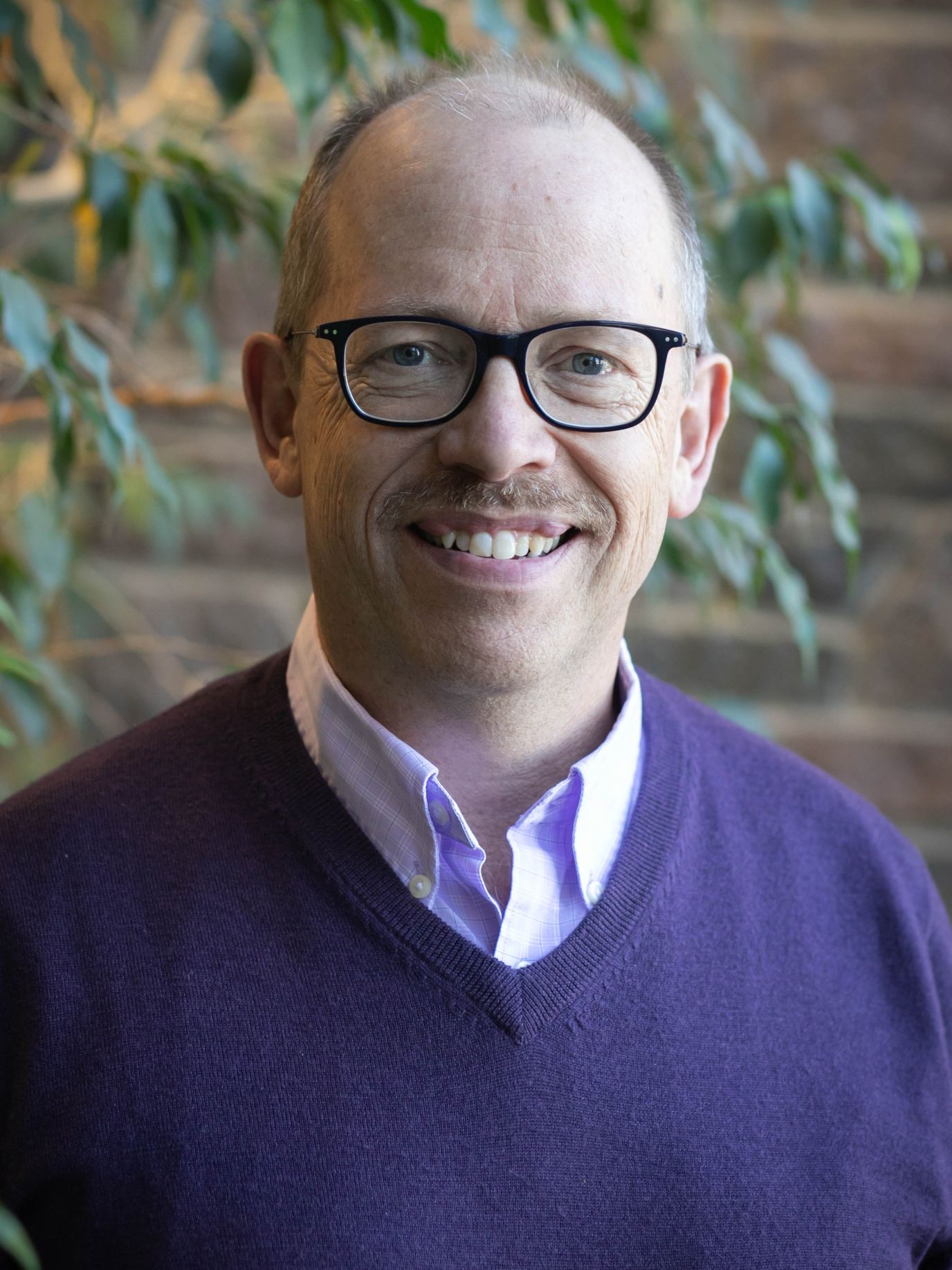 By Pastor John Hulden
By Pastor John Hulden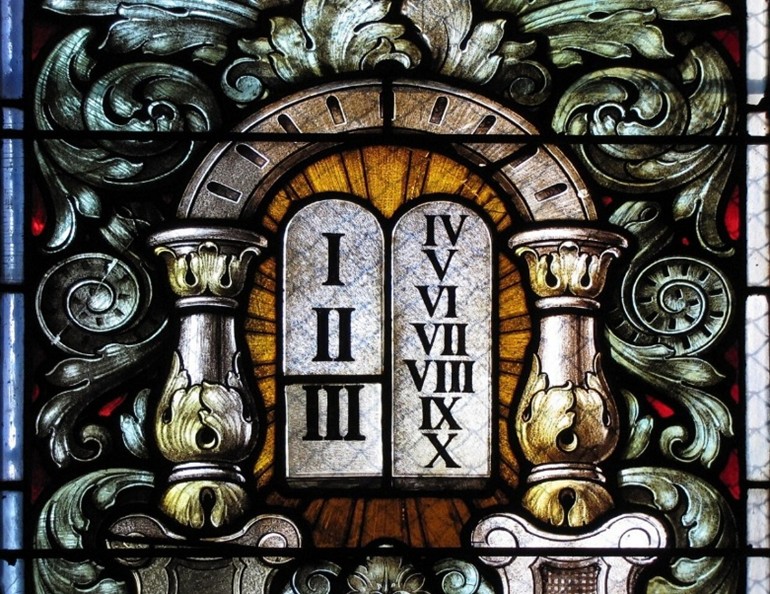
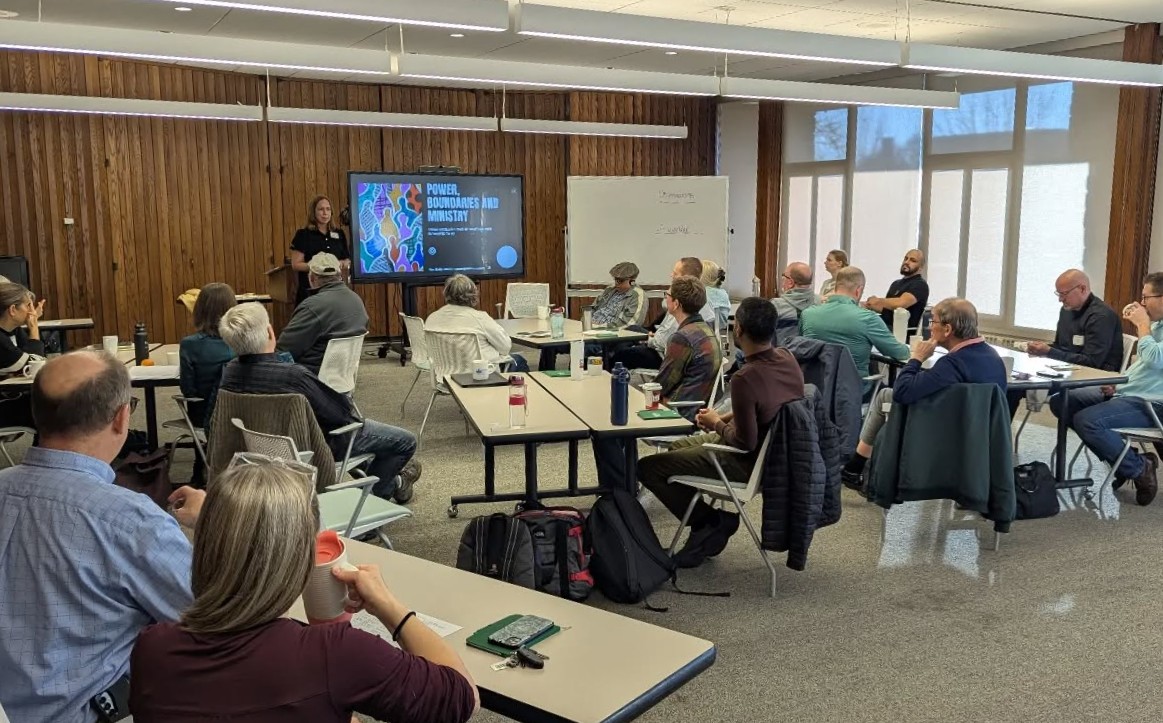
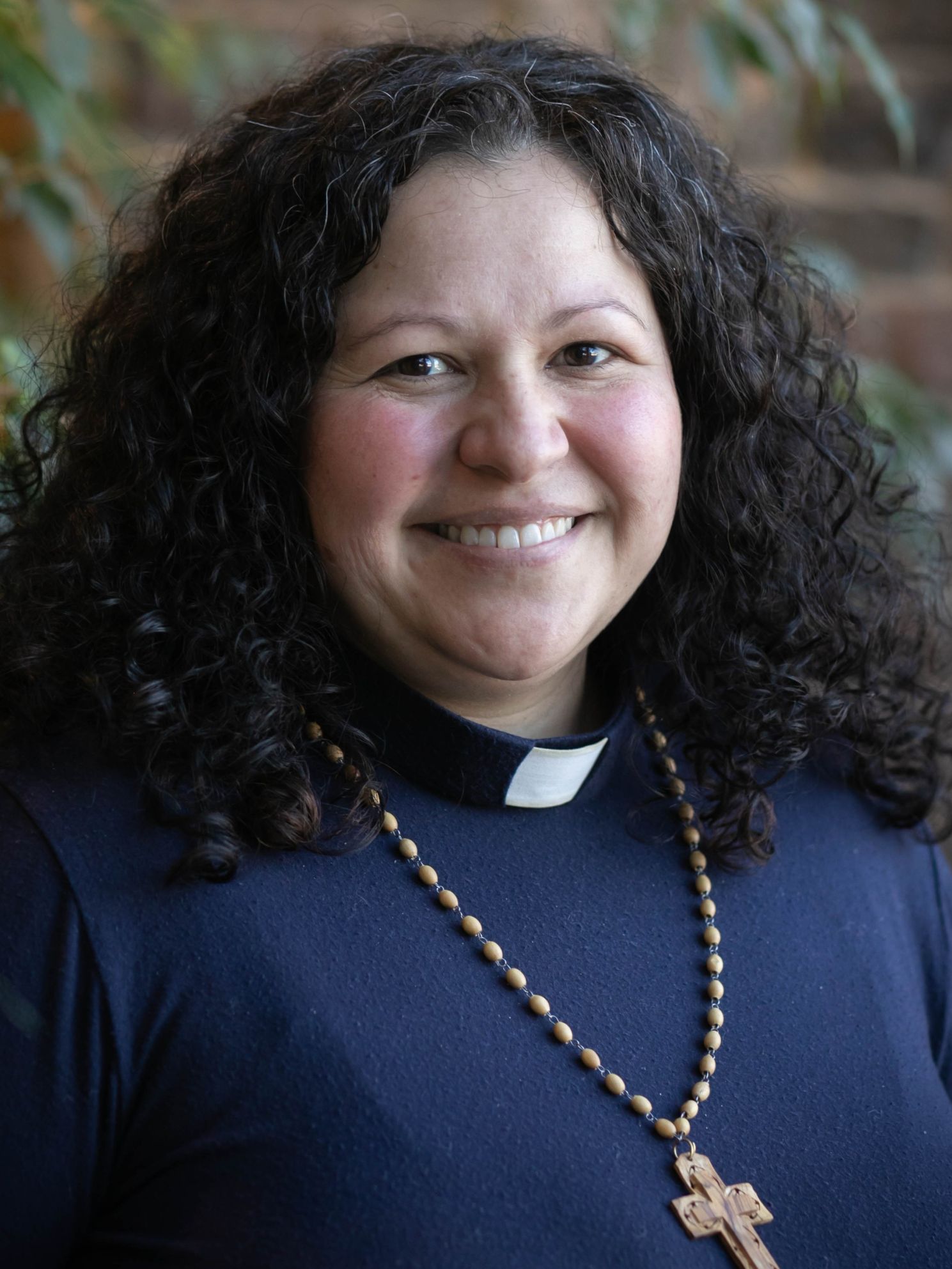 By Pastor Jen Collins
By Pastor Jen Collins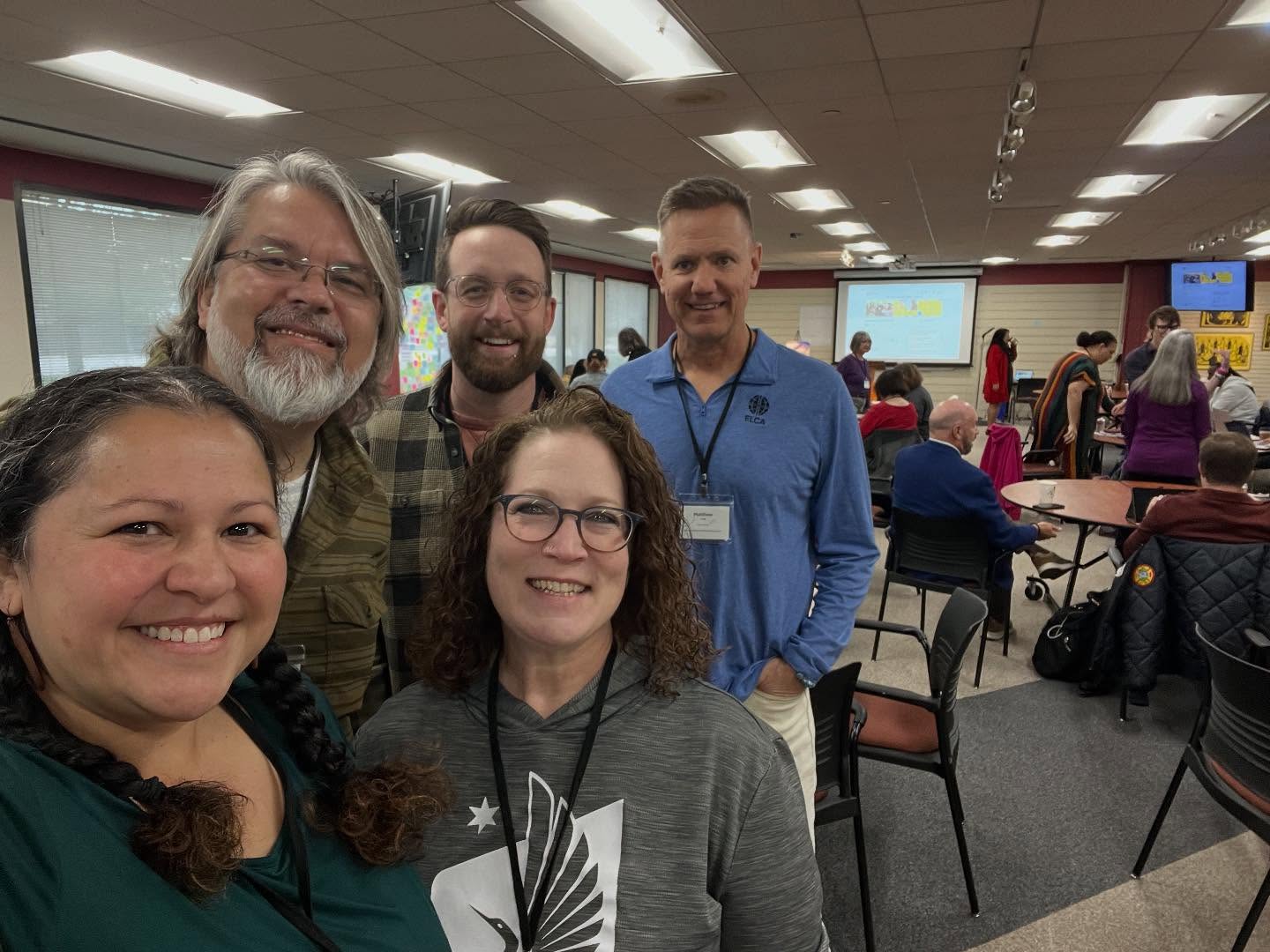
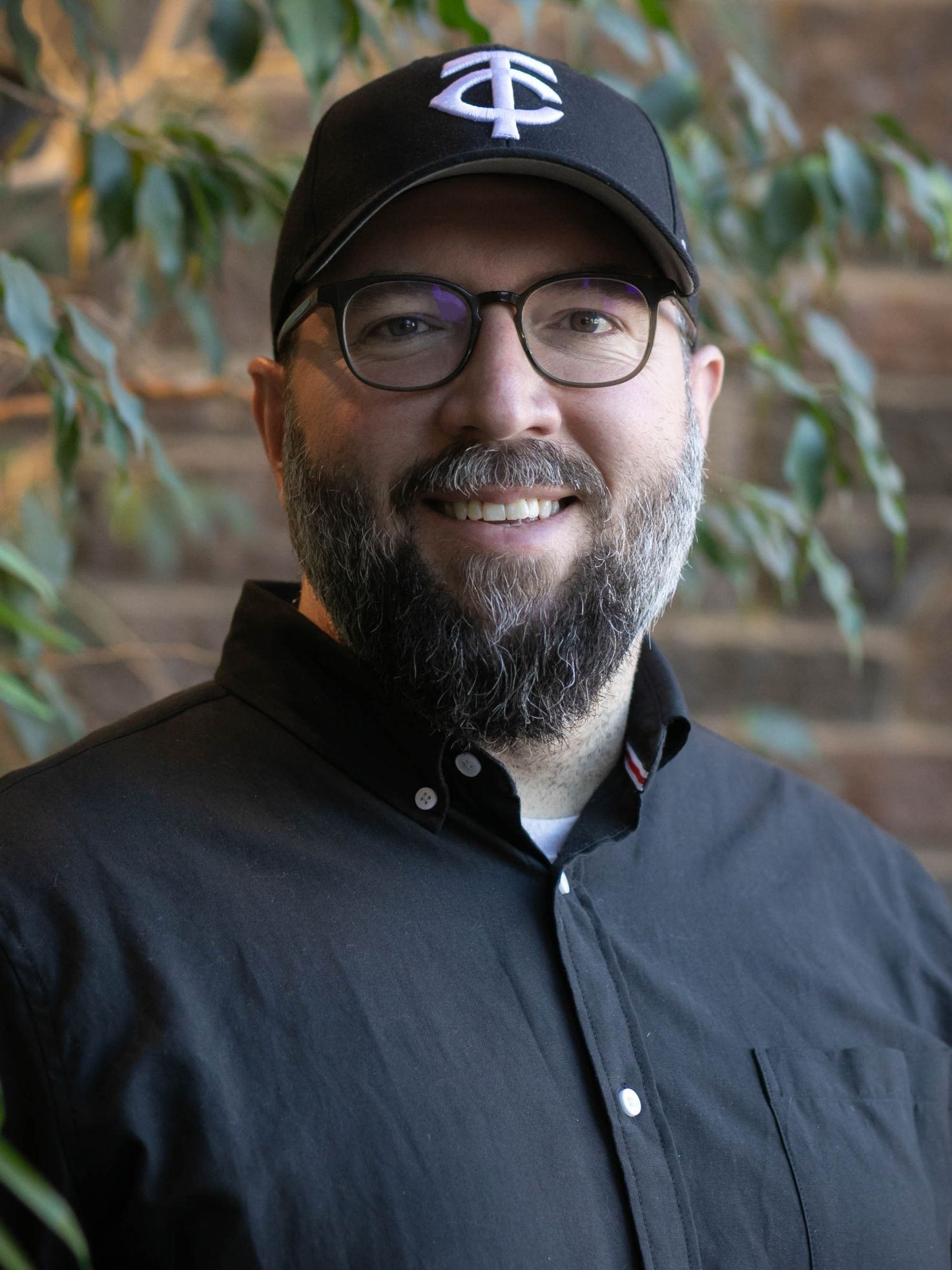 By Nicholas Tangen
By Nicholas Tangen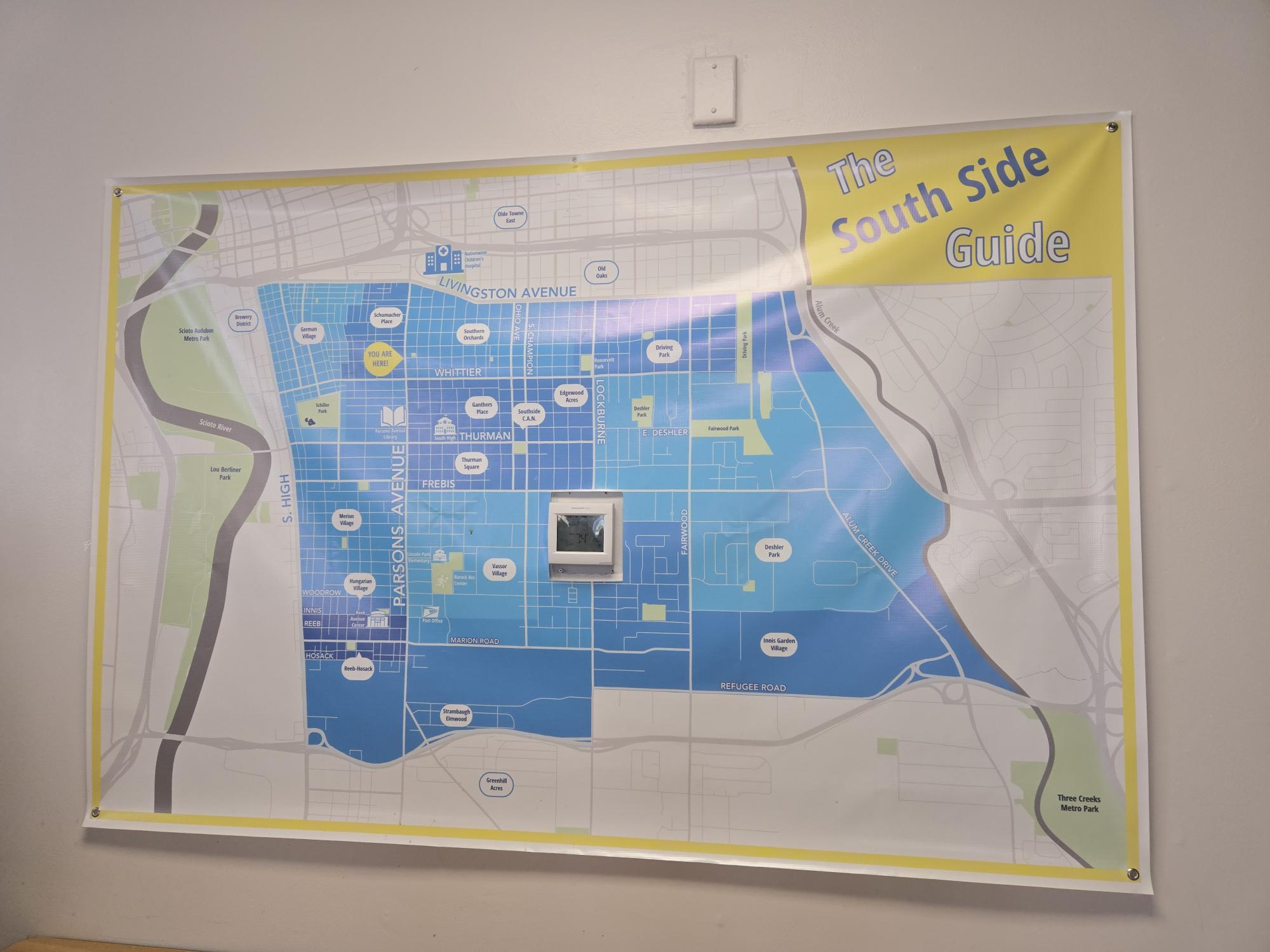 n Columbus, Ohio, for a few days of community-building and learning alongside hunger leaders from across the country. We spent one of our days visiting ministry and hunger sites across the city, connecting with neighbors, church members, and clergy committed to the common good.
n Columbus, Ohio, for a few days of community-building and learning alongside hunger leaders from across the country. We spent one of our days visiting ministry and hunger sites across the city, connecting with neighbors, church members, and clergy committed to the common good.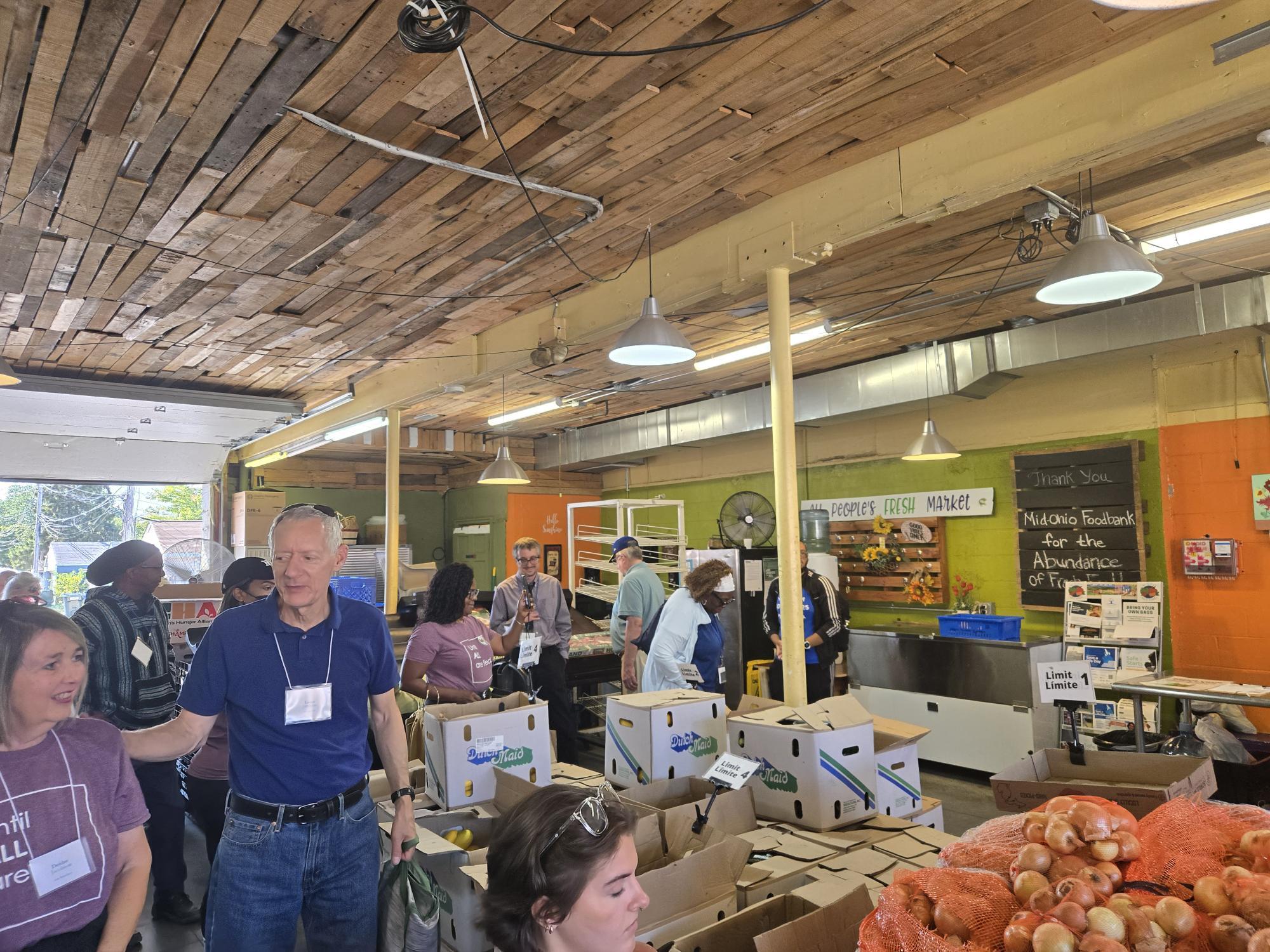 It was hard to not feel overwhelmed by the scale of Church for All People’s ministry – and at points I found myself thinking, “How does one community do all this?”. But Deacon Katelin reminded us that every single bit of their work started with small steps rooted in relationship. They didn’t just suddenly open a free store, but built relationships with neighbors, institutions, and organizations that over time made the free store a possibility. They didn’t just open Fresh Market, but tended relationships with neighbors, food shelves, and non-profits, and took advantage of a liquor store going out of business to invest in property that could serve a unique and needed purpose. And they didn’t open 350 affordable housing units at once but began with one property rehabbed by church members and neighbors. Start small, but start.
It was hard to not feel overwhelmed by the scale of Church for All People’s ministry – and at points I found myself thinking, “How does one community do all this?”. But Deacon Katelin reminded us that every single bit of their work started with small steps rooted in relationship. They didn’t just suddenly open a free store, but built relationships with neighbors, institutions, and organizations that over time made the free store a possibility. They didn’t just open Fresh Market, but tended relationships with neighbors, food shelves, and non-profits, and took advantage of a liquor store going out of business to invest in property that could serve a unique and needed purpose. And they didn’t open 350 affordable housing units at once but began with one property rehabbed by church members and neighbors. Start small, but start.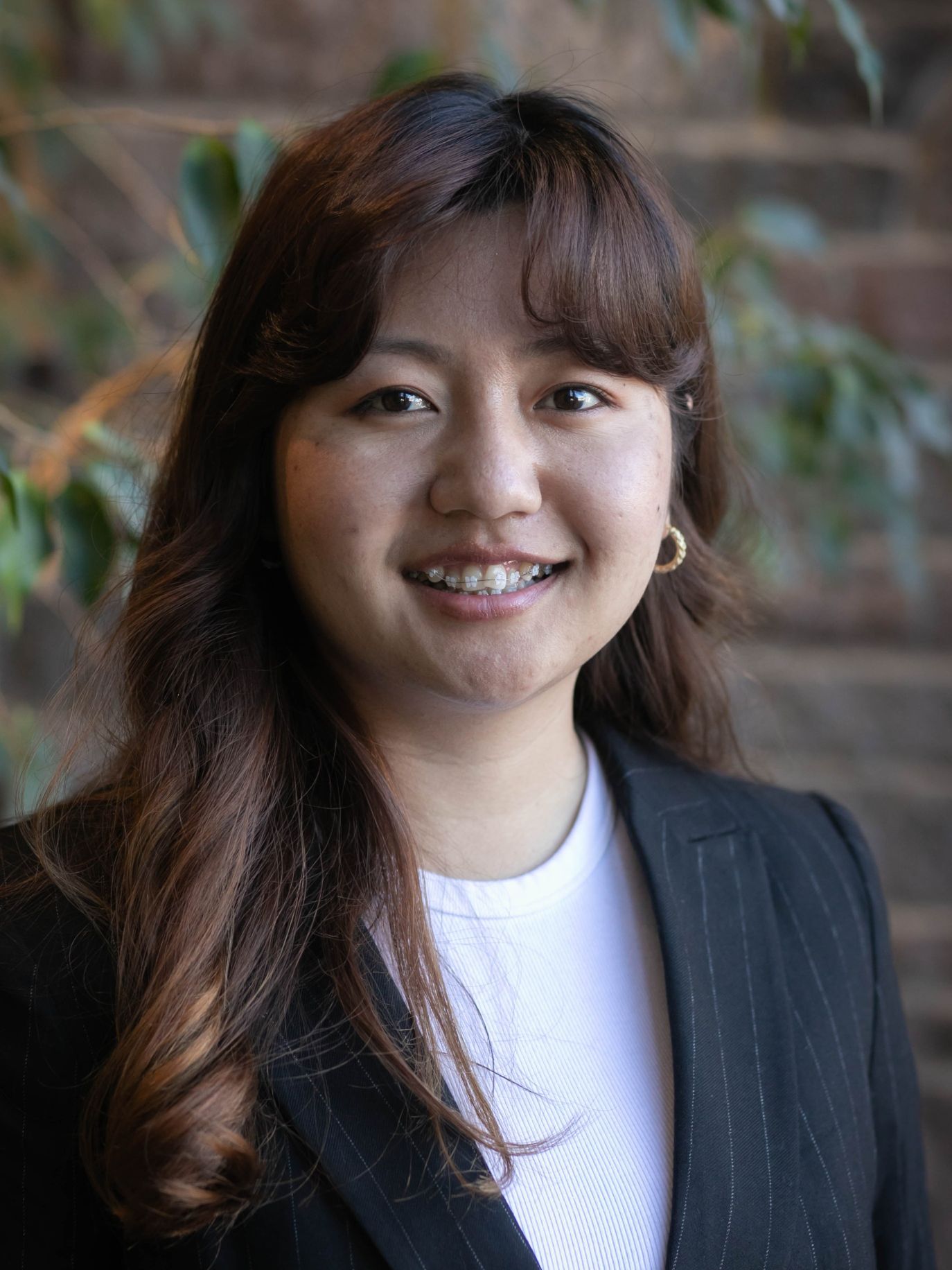 By Mercy Zou Taithul
By Mercy Zou Taithul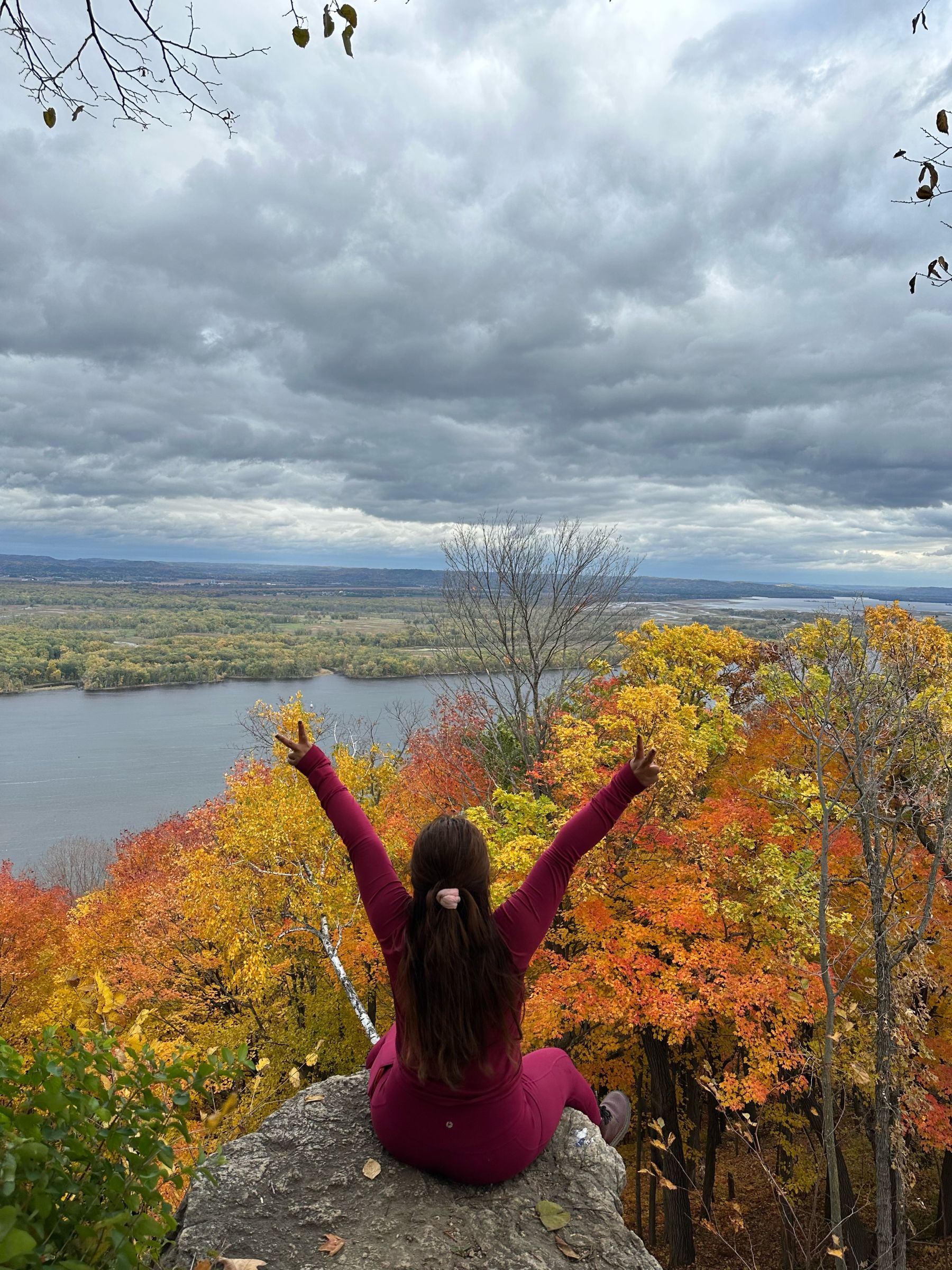
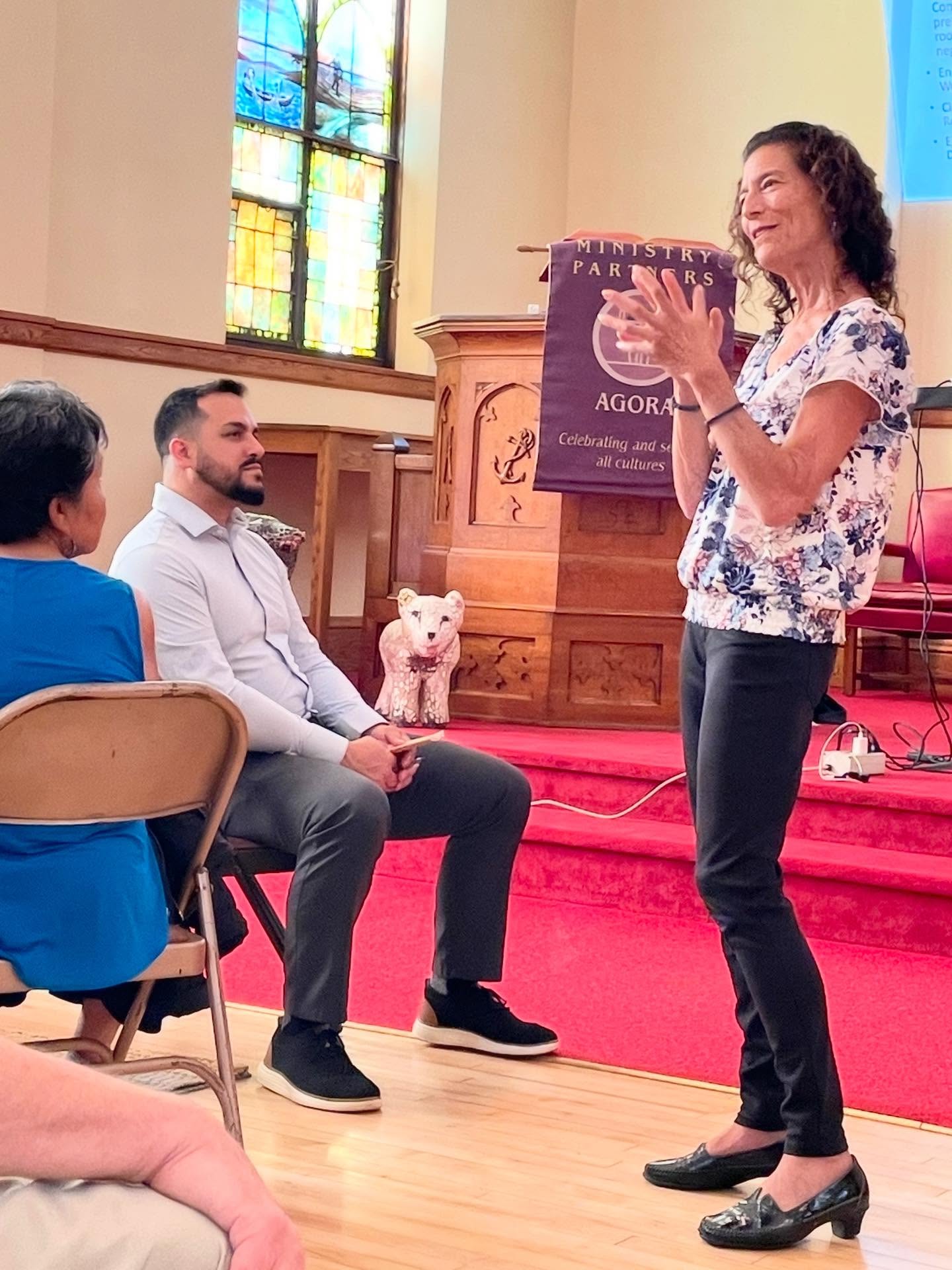
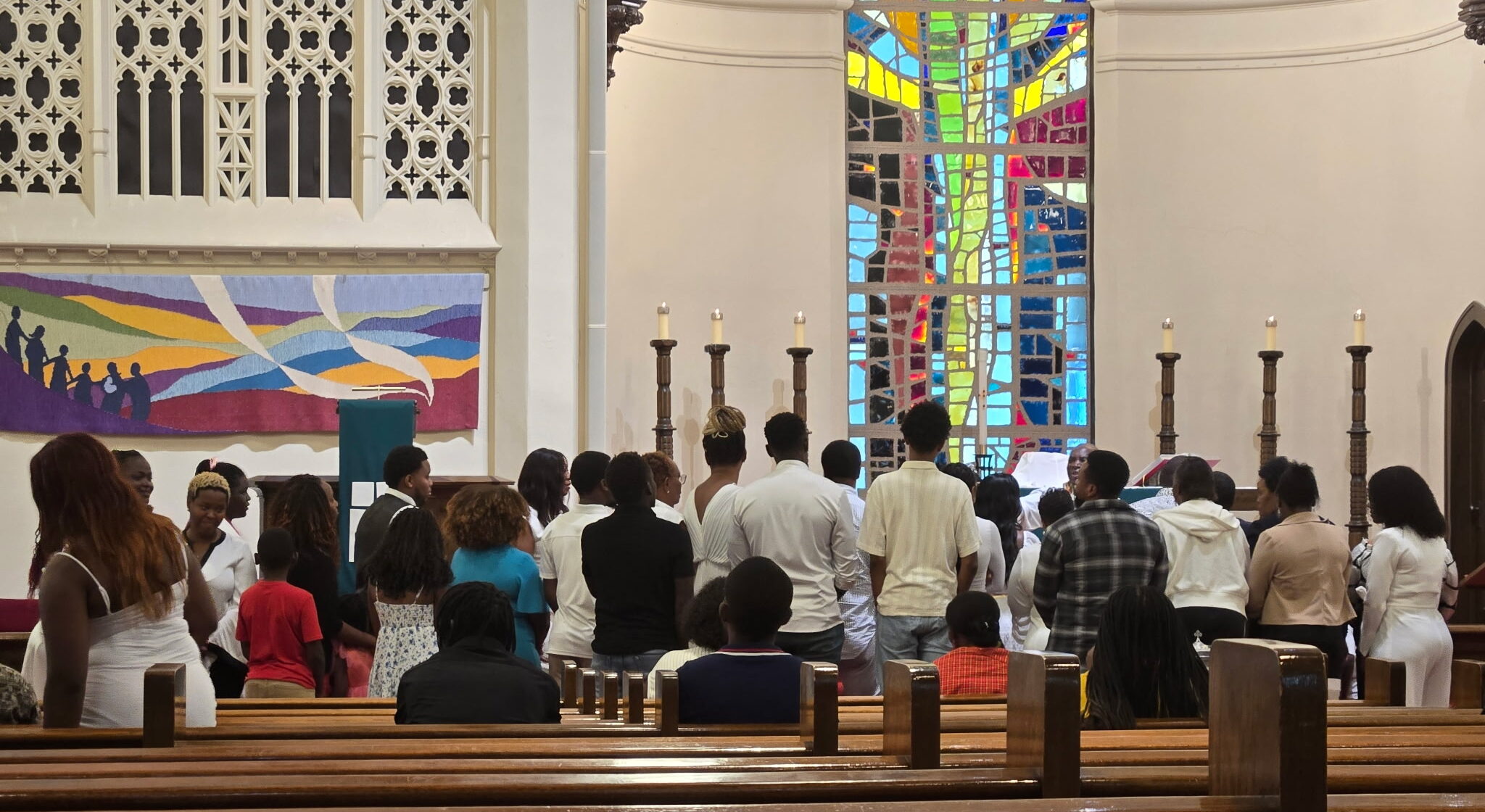
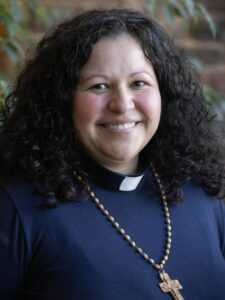 By Pastor Jen Collins, Assistant to the Bishop
By Pastor Jen Collins, Assistant to the Bishop